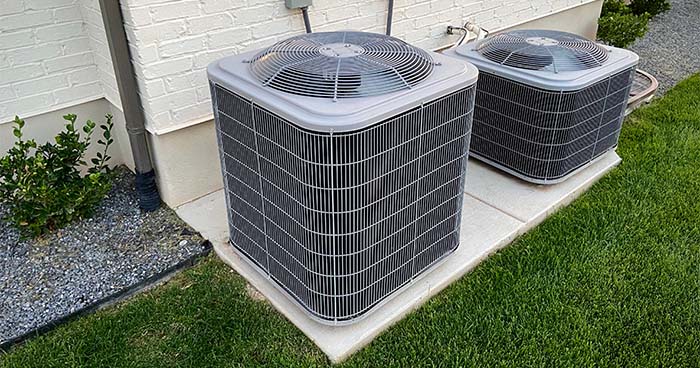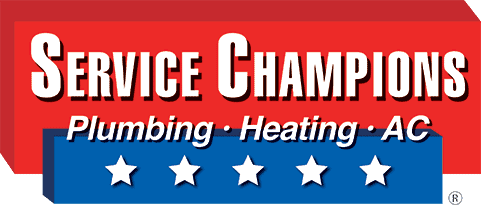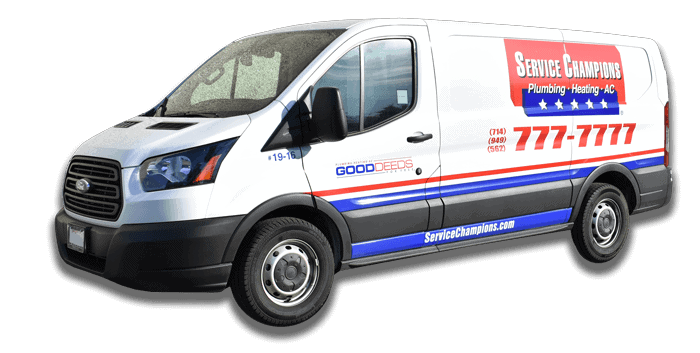Why Is My HVAC Not Cooling?
Summary
Typically split-system air conditioners have a lot of moving components, including an indoor air unit, outdoor unit, an air filter, a thermostat, and more. Any of these can have issues that contribute to your HVAC not cooling.
We all know how miserable it can be to suffer a hot night with an air conditioner that isn’t working. If you’re turning down the thermostat and still struggling to get the cooling you want in your home, any number of things could be causing it.
Typically split-system air conditioners have a lot of moving components, including an indoor air unit, outdoor unit, an air filter, a thermostat, and more. Any of these can have issues that contribute to your HVAC not cooling.
Learn more about the possible causes of your HVAC not cooling and how you can fix the problem.
Is Your Air Filter Dirty?
Air filters are a big part of the air conditioning system, even if they don’t seem like it. This component is designed to catch dirt and debris before it can end up in your house, degrading your indoor air quality, or inside of the system and affecting delicate components.
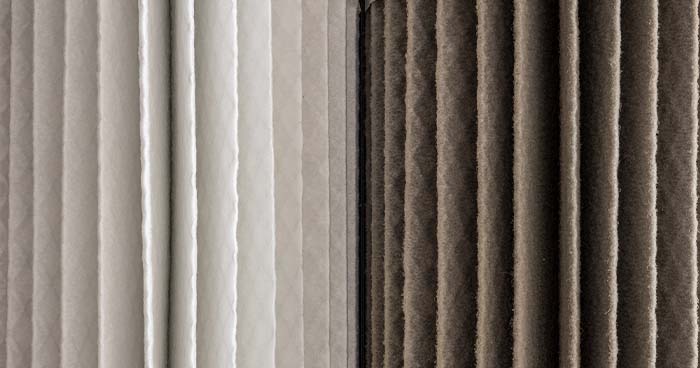
Do You Have Incorrect Thermostat Settings?
The most common – and obvious – cause of air conditioners not blowing cool air is the wrong setting on the thermostat. If you have other people in your home adjusting your thermostat, it’s easy for it to be accidentally switched to heat or fan mode instead of cooling mode. You could also have people turning the thermostat up.
Are the Condenser Coils Clogged?
Central air conditioning has an outdoor condenser unit and a large coil that lines the outside of it. This coil is designed to draw air through it and into the outdoor unit, drawing heat out of your home and bringing cool air in. The coil has many small metal fins that are tightly spaced, leaving areas where dust, dirt, and debris can get stuck.
This can impact how well your air conditioner functions, but if it gets bad enough, it could shut your whole system down. Be sure to inspect the coil visually and clean it gently with a vacuum and brush attachment. If you think the blockage is severe, bring in a pro HVAC technician to clean it for you.
Is Your Refrigerant Leaking?
Refrigerant is the lifeblood of your air conditioner. Refrigerant flows through the indoor and outdoor coils, moving from a liquid state to a gaseous state to draw heat out of your home and outside, conditioning the air.
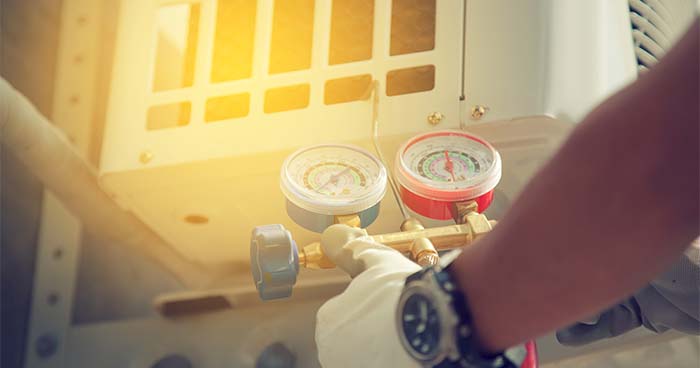
A severe leak can end up shutting down your system to prevent damage. If you think there’s a leak in your refrigerant, contact a professional to fix it. Don’t simply replace the refrigerant!
Is Your Air Conditioner Too Small?
Air conditioners come in a range of sizes, but they’re not measured in small, medium, and large. They’re measured in BTUs, or British Thermal Units, like 10,000 or 12,000 BTUs. These essentially measure how well an air conditioner can cool your home, and it’s important to choose the right BTUs for your home’s square footage, insulation, and climate. If you’re not sure what size is best, consult with an HVAC professional.
The best solution is to replace your system with one that’s appropriately sized for your home. Though there’s an upfront cost, this is offset by better energy efficiency and better cooling in your home over time, not to mention a longer lifespan for the system itself.
